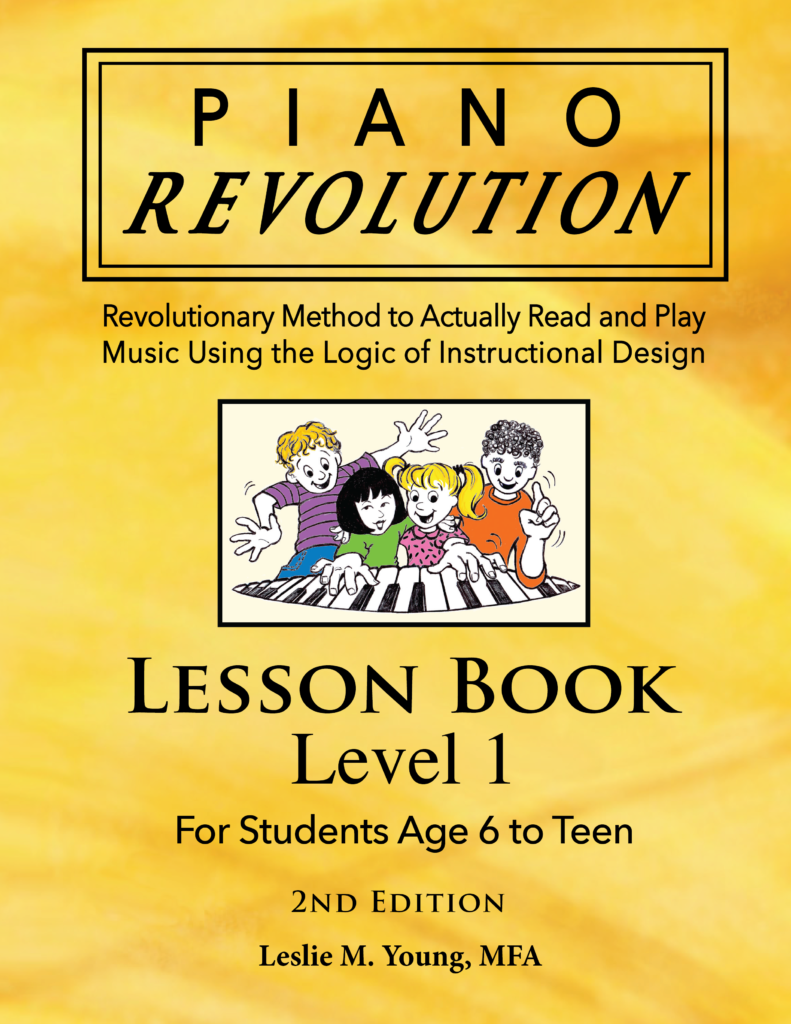What is the Best Age to Start Piano Lessons
What is the best age to start piano lessons? It sure depends on the individual child. Some can start younger than others, but I truly believe starting at an early age is very helpful for even a preschool student. At first the lessons should be very short, less than a minute. Over a few months, attention span and the ability to sit quietly gradually increases. What you don’t want is “burn-out” after weeks of lessons. The goal is a happy child engaging in tiny lessons where he/she feels totally successful all the time!

WHAT’S A GREAT WAY TO START PIANO LESSONS?
The student’s introduction to the keyboard should be brief, fun, and include frequent praising. One young student of mine started just after turning four years old. He had great energy and a brief attention span at that time. His older sisters were having lessons with me, so he and I had our mini lessons at the end of the session. At first, he was very reluctant to begin, so I had him just watch as I gave his lesson to his mom. It was short and fun – so he wanted his own turn!
He and I talked about his name, what and where the name of his piano was, and how there are a group of three black keys under the piano’s name. I had him smash down the three black keys, close his eyes, find and smash them again, put his arms up and down, find and smash them again – and he did this multiple times until I was convinced he could do so on his own. That was his first lesson! We did that together for several weeks until he had no hesitation at all.
Then I had him pretend to pick up these three black keys, slide his thumb down and play the white key underneath his thumb. I told him the name of that white key is “F” and had him find and play just the F key for several weeks. Then he traced an F that I drew on scratch paper. After a few weeks he could draw a good letter F on his own, but in the beginning it was not particularly easy to get him in the habit of “holding the pencil by its neck” properly.
At that point, he could find and play the treble space F easily, so we started in the book, Itty Bitty Lesson Book 1, on the page that shows how the F key is drawn on paper on the staff’s bottom space. That’s a quick version of our beginning lessons – very short, very fun, and rather loud, with lots of verbal praise from me.
SUBSEQUENT LESSONS:
This first lesson should be repeated during more lessons until the student is very comfortable and confident in his ability to succeed. Itty Bitty Lesson Book 1 would be the first book to use for short lessons of less than five minutes. When you start piano lessons, the lesson time gradually increases as the student’s attention span and capabilities increase.
That very energetic little boy has had micro lessons for a year now, gradually increasing in length. He has developed into an attentive student, capable of sitting still and concentrating during our short lesson of about 12 minutes. This includes our theory lesson which I supervise. He has learned all the spaces and lines on the treble staff and can name each letter as he plays its key. In his theory book, which correlates with the Itty Bitty Lesson book, he writes each letter underneath its circled line or space. He writes letters in the cross word puzzles and other written activities, though we often divide the page over several lessons.
The decision to start piano lessons was well worth the time at his young age, and his achievements help him succeed in Kindergarten as well. He is now ready to start learning the bass staff, while playing songs written in the treble so he won’t forget those right hand letters and keys. Learning each hand separately has proven to be a great benefit for students of all ages and prevents the frustration of learning two different “languages” at the same time.
Check out Itty Bitty Lesson Book 1 for Sample Pages!
What Would the First Lesson for a Young Student Look Like?
What Would the First Lesson for a 6 to Teen Look Like (video)?
View sample pages of all the books for students
ages 6 to teen:
View sample pages of all the books for students
4 to 5 years old:
View sample pages of all the books for older
teens and adults:






